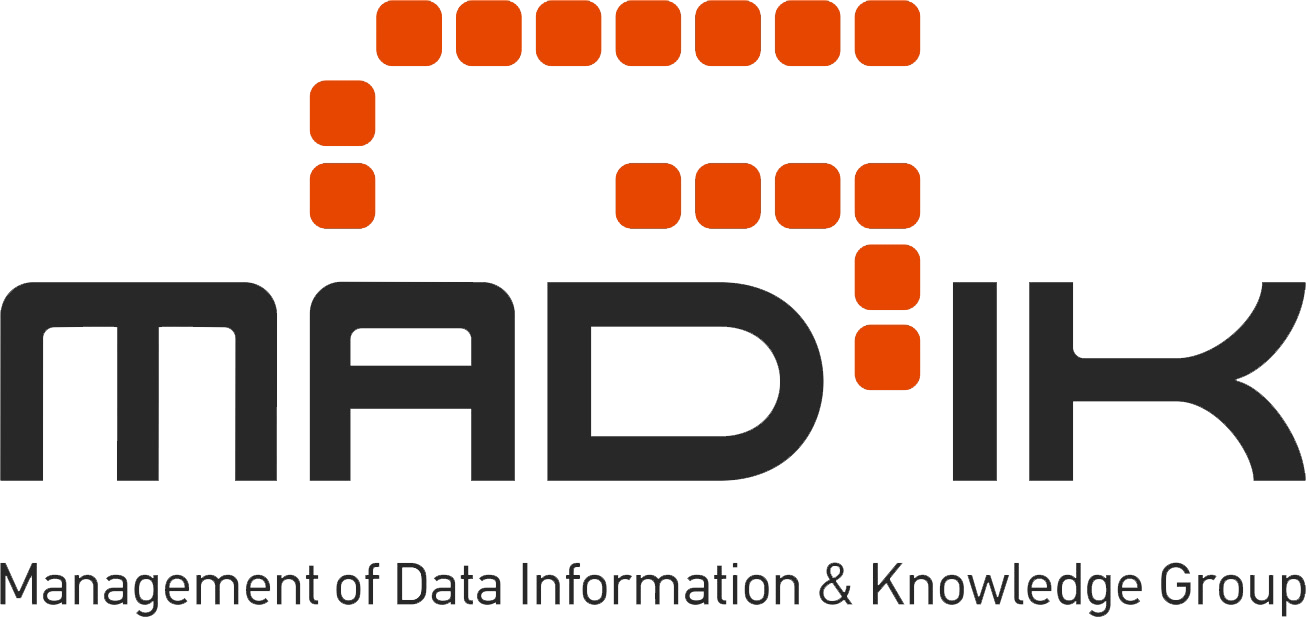LCT: a License Clearance Tool for research outputs re-use
Legal uncertainty about usage rights and high costs in clearance of licensing issues, are very often a matter of concern, when it comes to newly produced content but mostly the creation of derivative works. NI4OS-Europe identified this gap and developed the "License Clearance Tool" (LCT), an open-source tool that aims to facilitate and automate the clearance of rights (copyright) for datasets, media, software, and other content that are to be cleared before they are publicly released under an open license and/or stored at a publicly trusted FAIR-enabling repository.
LCT is a valuable resource for researchers and research organisations and regards both data-intensive Research Data Management (RDM) and the curation and handling of the long tail of science with the aim of establishing consolidated models of legal RDM activities. In six simple steps, LCT provides a guided approach for establishing the proper open-source license required for the creation of a new (or synthetic) dataset, media, software, or for the re-use of existing unlicensed content. The procedure takes into account many potential data managers (i.e. users initiating or completing a clearance procedure) and different types of data, media works, software, and even hardware. Key features of the tool include:
- A clearance procedure not bound to the user that initiated it, so it can be started and finished by different users.
- A crowdsourced clearance process as an option.
- Clearance metadata as an open-source resource.
- The possibility to achieve equivalence, similarity, and compatibility between licenses if used in combination, particularly for derivative works.
The current version of LCT provides guidance for existing standard open-source licenses. The work, however, is continuously evolving and new functionality will be added including custom licenses in a future release.
LCT comes as a response to the increased demand for providing technical solutions to address legal aspects in FAIR and Open RDM (ORDM). It is, thus, intended to support researchers to publish in FAIR/open modes and data managers to compete against untidy, messy, and not well-defined data ensuring the maximal re-use of data. It is a certification tool for complementing the trustworthiness of resources contained in open platforms, such as repositories, and ensuring their FAIRness in a standardised and interoperable fashion, an objective that is present in NI4OS-Europe activities relevant to onboarding of repositories to EOSC. In conclusion, it is an open-source solution, which aims to be a valuable assistant to address data sharing and reuse challenges.
To have a hands-on experience with LCT, please follow the link: https://lct.ni4os.eu/.
LCT is being developed by our team in the context of the NI4OS-Europe research project.



